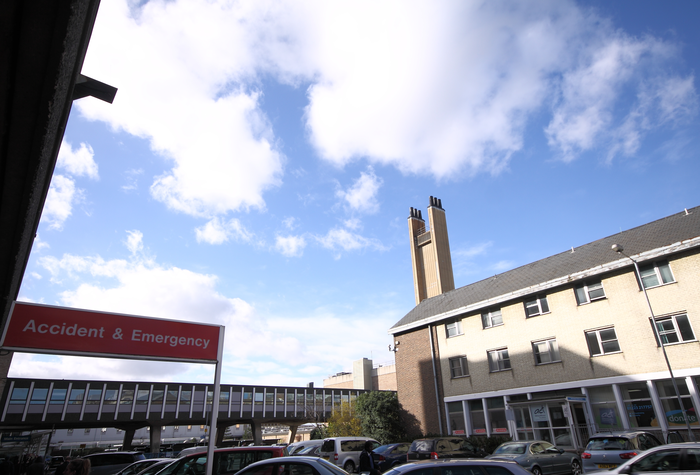Cambridge scientists hope to ‘defossilise’ economy with artificial leaf
The solar-powered device can produce clean fuel from contaminated water

Cambridge researchers have developed a device which can turn sunlight, water and carbon dioxide into synthetic fuel, The Guardian has reported.
The device, a floating artificial leaf, is modelled on photosynthesis, the process by which plants convert sunlight into food.
Earlier versions of the ‘artificial leaf’ could only produce green hydrogen fuel from clean water systems. However, the new device operates from polluted or seawater sources and can also produce clean drinking water at the same time.
The researchers hope that these devices could be rolled out on an industrial scale, and be used to produce net-zero fuel that would burn without creating fossil-derived emissions of carbon dioxide. In particular, the team hopes that the device could be used to produce fuel for jets and cargo ships in the future.
Tests of the device showed it was able to produce clean water from highly polluted water and seawater, including from the River Cam in Cambridge.
According to Ewan Reisner, professor of energy and sustainability at Cambridge University, the device is “fantastically flexible” and can be placed “almost anywhere”.
The hope is that the technology could be used to build carpets of artificial leaves that would float on lakes and river estuaries.
These floating farms of solar fuel leaves could also be used to supply more isolated coastal settlements and islands, and to purify water in industrial ponds and irrigation canals. The fact that the technology floats means that it does not need to occupy large areas of land otherwise needed for crops and woodlands.
Professor Reisner also said: “Solar panels are excellent at generating electricity and are making a great contribution to the world reaching its net zero aspirations. But using sunlight to make non-fossil fuels that could be burned by cars or ships takes things a stage further.”
“Crucially, we use sunlight to power these transformations. And the chemicals that we make this way have already been used to manufacture feedstocks, though it is fuel – like diesel or petrol – that we really want to target. One goal would be to make green sustainable kerosene for the aviation market,” Reisner continued.
The project group has now created a startup company to commercialise these inventions.
Explaining this move, Reisner said: “We have taken the science of these systems as far as we can, and it is now up to engineers to scale them up so that they can be used on scales large enough to have an impact on carbon emissions.”
“We need to take solar chemistry from the laboratory and take it to a large-scale industrial level, and that will take millions of pounds of investment,” he added.
 News / Cambridge received second highest volume of university donations15 March 2025
News / Cambridge received second highest volume of university donations15 March 2025 News / May Balls flog to Emma students after cancelled June Event15 March 2025
News / May Balls flog to Emma students after cancelled June Event15 March 2025 Features / Finding solace in the pets of Cambridge15 March 2025
Features / Finding solace in the pets of Cambridge15 March 2025 News / Ivan Alexei Ampiah wins Cambridge Union presidency 16 March 2025
News / Ivan Alexei Ampiah wins Cambridge Union presidency 16 March 2025 Film & TV / Toxic Town: a case study in regional neglect15 March 2025
Film & TV / Toxic Town: a case study in regional neglect15 March 2025





